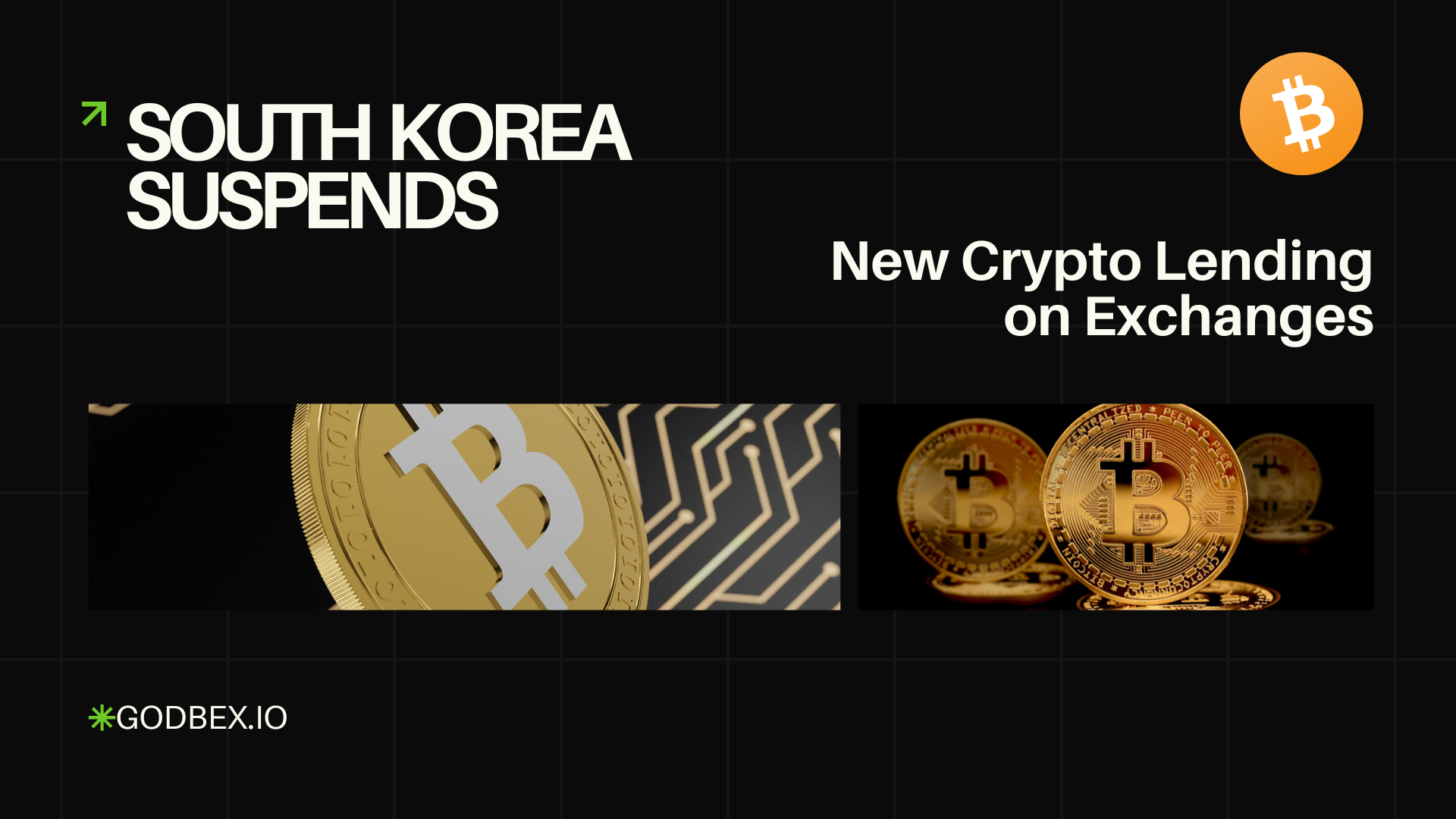
South Korea’s top markets watchdog has moved to cool a red-hot corner of crypto finance. On Aug. 19, 2025, the Financial Services Commission (FSC) issued administrative guidance ordering local exchanges to suspend the launch of new crypto-lending products while it finalizes a rulebook for the activity. The action follows a spate of forced liquidations among retail users and reports of unusual stablecoin price moves. Existing lending contracts may continue—borrowers can repay or extend under current terms—but fresh originations are on hold until clear standards are in place.
What exactly did the FSC say?
In its notice, the regulator said it sent letters to exchanges instructing them to pause new lending services “to protect virtual asset users.” The guidance is immediate and will be backed by on-site inspections and supervisory action for platforms that don’t comply. The FSC is preparing formal lending guidelines—developed with the Financial Supervisory Service (FSS) via a joint task force set up July 31—that are expected to address leverage (loan-to-value) limits, user eligibility, and risk disclosures.
Crypto media summaries of the letter add two key clarifications:
- Existing loans are not canceled. Repayments and maturity extensions are permitted while the FSC drafts the framework.
- The guidance responds to market-stability concerns after rapid growth in exchange-run lending.
Why now?
Regulators pointed to episodes of mass liquidations and market stress linked to exchange lending rollouts this summer. One exchange drew about 27,600 users in a month after launching lending in mid-June, with ~13% of borrowers later forced into liquidation as collateral values fell; total activity reportedly reached ₩1.5 trillion (~$1.1B). Officials also flagged two companies’ USDT lending that coincided with unusual selling and a dip in Tether’s price on local markets—evidence, they said, that new lending without safeguards can distort trading conditions.
Which platforms are affected?
The guidance applies to registered virtual asset service providers (VASPs) in South Korea, including major exchanges. Industry reporting notes that large venues launched or tested lending this summer, contributing to rapid leverage build-up and user losses—now the focus of the pause.
What changes for customers?
- You cannot open new exchange lending positions for now.
- Your existing loan can continue: borrowers may repay or, where allowed by their agreement, extend maturities.
- Expect stricter onboarding and disclosures once formal guidelines arrive (e.g., LTV caps, clearer liquidation rules).
Market impact and context
CoinDesk frames the move as an attempt to curb excess leverage that had crept back toward bull-market levels—global crypto-collateralized lending rose 27% quarter-over-quarter to $53.1B in Q2, per research it cited. Korea’s clampdown landed days after a $1B-plus liquidation wave, highlighting the speed with which crowded positions can unwind. Some analysts argue for better safeguards (UI/UX, disclosure, tighter LTVs) rather than blanket suspensions, but regulators opted to pause first, then codify rules.
Is this a ban?
No—it’s a suspension of new lending services, not a permanent prohibition. The FSC explicitly described the action as administrative guidance pending a formal framework. The agency has been building out crypto oversight since the Virtual Asset User Protection Act took effect in 2024; lending, however, sat in a legal gray area without a dedicated regime, which the new guidelines aim to address.
What the forthcoming guidelines will likely cover
While the full text isn’t published yet, the task force remit and regulator language suggest the rulebook could include:
- Leverage caps and standardized LTV thresholds
- Eligibility and suitability checks for retail users
- Liquidation procedures, reporting, and grace periods
- Disclosure standards for fees, triggers, and risks
- Supervisory oversight and data reporting to the FSS/FSC
Cointelegraph’s recap notes that the authorities intend to inspect non-compliant platforms and that rules will formalize what had been ad-hoc offerings by exchanges.
Why it matters beyond Korea
Korea is one of the world’s largest crypto trading markets, and policy moves there can ripple into global liquidity and pricing—especially for stablecoins and perpetuals where local flows interact with offshore venues. The FSC’s decision also adds to a broader 2025 theme: regulators accommodating spot ETFs and mainstream access while tightening leverage and retail risk in parallel.
The bottom line
- What happened: As of Aug. 19, 2025, South Korea’s FSC ordered exchanges to halt new crypto-lending products via administrative guidance. Existing loans may continue (repayment/extension).
- Why: To protect users after thousands of forced liquidations and to prevent market distortions, including stablecoin anomalies.
- What’s next: A formal lending framework covering leverage limits, eligibility, and disclosures; inspections for any platform that ignores the pause.
If you’re a Korean exchange user, expect a temporary freeze on opening new loans and watch for updated terms once the FSC’s guidelines land. If you’re a market watcher, keep an eye on stablecoin pricing, derivatives funding, and the speed at which Korean venues adapt—those will be the first signals of how the policy reshapes local leverage and, by extension, global crypto liquidity.